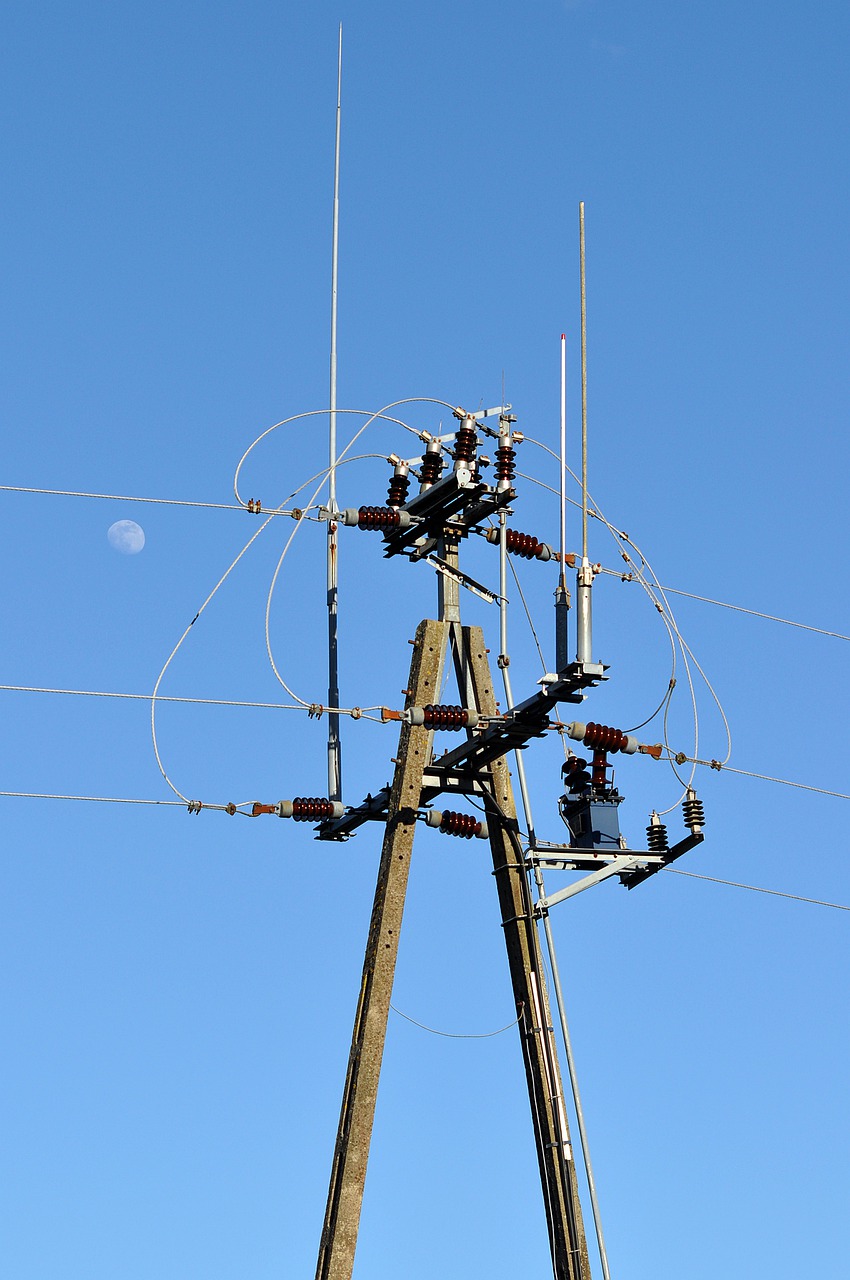
Revised Electricity Act Strengthens Benefits for Host Communities
The revised Electricity Act of 2024, endorsed by President Bola Ahmed, has the potential to enhance the financial well-being of host communities, given strict adherence to its provisions. Effective implementation is anticipated to not only boost power generation and services but also expedite industrialization, employment opportunities, and overall socio-economic progress, particularly benefiting the host communities. A preliminary examination of the Act, enacted into law by President Tinubu on Friday, February 9, 2024, reveals a key provision allocating five percent of all revenue generated from power by Nigerian power Generating Companies (GENCOs) for the development of host communities.
The Act stated: “Without prejudice to any existing right or rights that may be accruing to host communities under this Bill or any other enactment, 5% of the actual annual operating expenditure for the preceding financial year by the various GENCOs from the member states shall be set aside for the development of the respective host communities. “Five per cent of the actual annual operating expenditure for the preceding financial year by GENCOs from the member states shall be received, managed and administered by a reputable trustee to be jointly appointed by the GENCOs and representative of the host communities upon agreement by the GENCOs and the host community on one part and the trustee on the other part to implement infrastructural development projects identified within the Host communities.” The Act is an amendment to the Electricity Act 2023, which President Tinubu assented to on Thursday 8th June, 2023 about eight months ago. The Electricity Act (amendment) bill, 2024 was sponsored by Mr Jimi Benson of Ikorodu Federal Constituency of Lagos State. It was passed by the House of Representatives on Thursday, July 27, 2023, and by the Senate on Tuesday, November 14, 2023. Former President Muhammadu Buhari had signed the amendment to the constitution on Friday, March 17, 2023 before President Tinubu completed the process by signing into law, the repeal of the erstwhile electric power sector reform act on Thursday, June 8, 2023. Chief Technical Officer, FGN Power Company of Nigeria, Engineer Idowu Oyebanjo, in a response to New Telegraph, said the Act was a good step in the right direction that can foster corporate social responsibility (CSR) and developmental impacts for host communities.
According to him, it could assist in the provision of clinics, schools, roads, bridges, recreational facilities, public libraries, industrial parks, etc. He opined that it would be mutually beneficial as the host communities will support power generation, boost peaceful co-existence, and hopefully, safeguard their investments. He stated that if the funds are well managed, it had the potential to create youth employment and infrastructural development in the host communities. He added that states could, by this means, woo investors and private sector capital for infrastructural and economic development. He stated that in this regard, they have to establish their electricity markets in earnest. The expert said this was an opportunity for state governments, legislators, community leaders, and interest groups from the host communities to take more proactive interest in their own socio-economic development. Oyebanjo said: “The main purpose of the Electricity Act (Amendment) Bill, 2024 is to avoid a situation similar to what was experienced in the oil industry, where host communities do not benefit significantly from the exploitation of resources in their domain while suffering environmental degradation and loss of their main means of livelihood in many cases.





